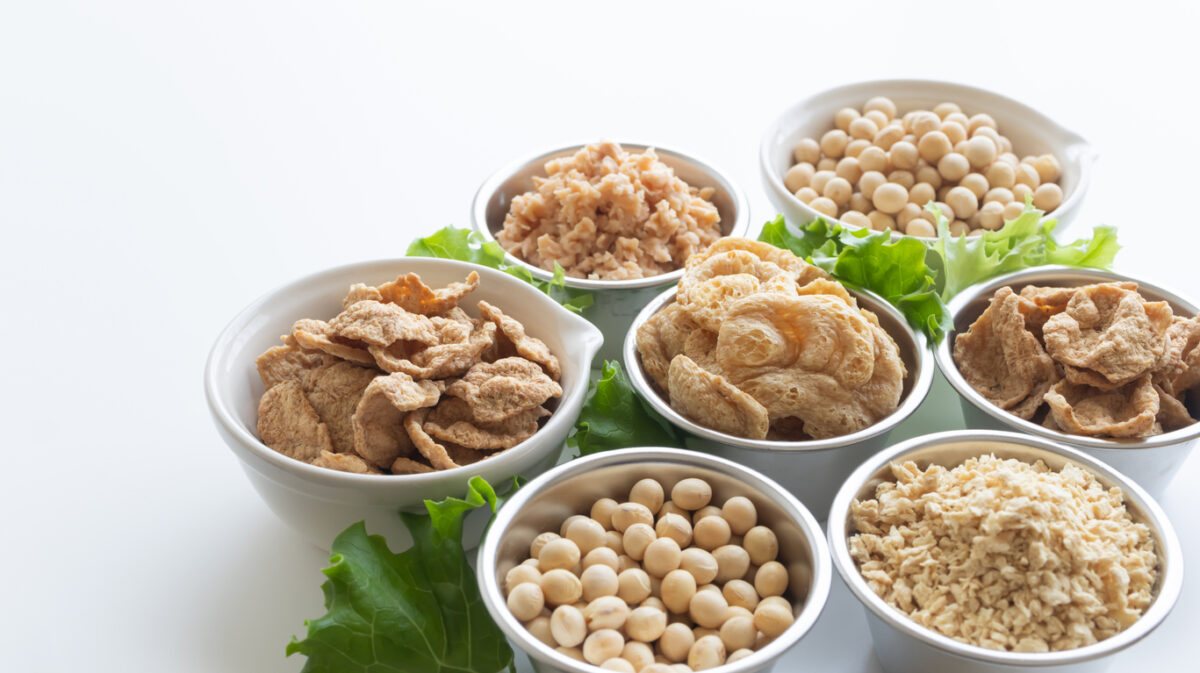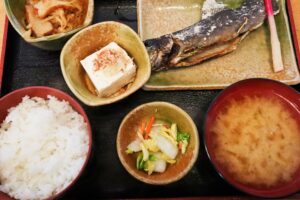Why Seniors Need More Protein
The Role of Protein in Aging
As we age, our bodies naturally lose muscle mass, a condition called sarcopenia. Protein is essential for maintaining muscle strength, preventing falls, and supporting overall health. However, many seniors struggle to consume enough protein due to reduced appetite, dental issues, or difficulty digesting meat.
How Much Protein Do Seniors Need?
While the general recommendation for adults is 0.8 grams of protein per kilogram of body weight, some research suggests that older adults may benefit from a slightly higher intake—closer to 1.0-1.2 grams per kilogram—to maintain muscle and overall health 【Harvard Health】.
Challenges of Eating Meat for Seniors
Digestive Issues and Meat Consumption
Meat can be difficult for some seniors to digest due to lower stomach acid production. Additionally, red meat, in particular, has been linked to inflammation and an increased risk of chronic diseases such as heart disease and certain cancers 【Mayo Clinic】.
Ethical and Environmental Considerations
Beyond health, some seniors are turning to plant-based diets for ethical and environmental reasons. Reducing meat consumption can lower the carbon footprint and contribute to more sustainable food practices.
The Benefits of Plant-Based Protein for Seniors
Easier Digestion and Gut Health
Plant-based proteins, such as beans, tofu, and lentils, are rich in fiber, which supports gut health and digestion. Unlike red meat, these sources don’t contribute to inflammation and are less likely to cause digestive discomfort 【Mayo Clinic】.
Heart and Bone Health
Diets high in plant-based proteins have been linked to lower cholesterol levels, reduced blood pressure, and improved cardiovascular health. Additionally, some plant-based foods—such as tofu, soy milk, and almonds—are fortified with calcium, which supports bone health.
Weight Management and Longevity
Many plant-based proteins are lower in calories and saturated fat than meat, making them an excellent option for seniors looking to maintain a healthy weight. The traditional Japanese diet, which emphasizes plant-based foods, has been associated with longevity and a lower risk of chronic diseases 【Harvard Health】.
Plant-Based Protein Sources Inspired by Japan
Soy-Based Proteins
Tofu and Tempeh
Tofu is a staple in Japanese cuisine and an excellent source of protein, iron, and calcium. Tempeh, a fermented soy product, contains even more protein per serving and is rich in probiotics, which support gut health.
Edamame and Natto
Edamame (young soybeans) is a great protein-rich snack, while natto (fermented soybeans) is known for its high vitamin K2 content, which plays a role in bone health.
Legumes and Whole Grains
Japan’s diet includes many legume-based dishes, such as miso soup, which contains fermented soybean paste. Whole grains like brown rice and barley also contribute to a well-balanced diet rich in plant-based protein.
Seaweed and Other Plant-Based Foods
Seaweed, a common ingredient in Japanese cuisine, provides essential minerals like iodine, iron, and calcium, complementing plant-based protein sources.
How to Incorporate More Plant-Based Proteins
Try Meat Alternatives in Familiar Dishes
- Replace ground beef with lentils or tofu in stir-fries and stews.
- Use tempeh in sandwiches or wraps instead of processed deli meats.
- Swap scrambled eggs for a tofu scramble with vegetables.
Explore Japanese-Inspired Dishes
- Miso soup with tofu and seaweed
- Rice bowls with edamame and sesame seeds
- Stir-fried vegetables with tempeh and soy sauce
Experiment with Protein-Rich Snacks
- Hummus with whole-grain crackers
- Almonds or walnuts for a nutrient-dense option
- Roasted soybeans (kinako) as a high-protein snack
Conclusion
For seniors, especially middle-aged and older women in the U.S., plant-based protein offers an easier-to-digest, heart-healthy, and environmentally friendly alternative to meat. Looking to Japan’s traditional diet can provide inspiration for delicious, nutrient-rich meals that support long-term health.
Would you like additional suggestions on incorporating plant-based proteins into your diet? Let us know in the comments!
External References:
- Harvard Health: Protein Needs for Seniors
- Mayo Clinic: Tips for Eating More Plant-Based Proteins
- American Institute for Cancer Research: The New American Plate
Take the benefit of fermented isoflavone of Miso through our supplement
The key ingredient in miso soup, which Japanese people consume daily, is miso (fermented soybean paste). It not only provides plant-based protein but also contains isoflavones that are broken down through fermentation. These isoflavones help regulate hormone balance and are known to offer various health benefits.
Juveriente®’s Effisoy, launched in 2016, based on fermented soy bean germ extract has been loved as a natural menopause relief since its launching in 2016.
Its primary function is to boost the weakened synthesis of a hormone precursor, DHEA. It helps the precursor, DHEA. Rebalancing the precursor will eventually recover your hormones in line with your natural balance. It will help you refresh your various functions for your beauty.
Here are some of the real product reviews in our Amazon shop.
“Restful sleep finally!!”, “I Am Now Free of Hot Flashes!!”, “Lifesaver”








